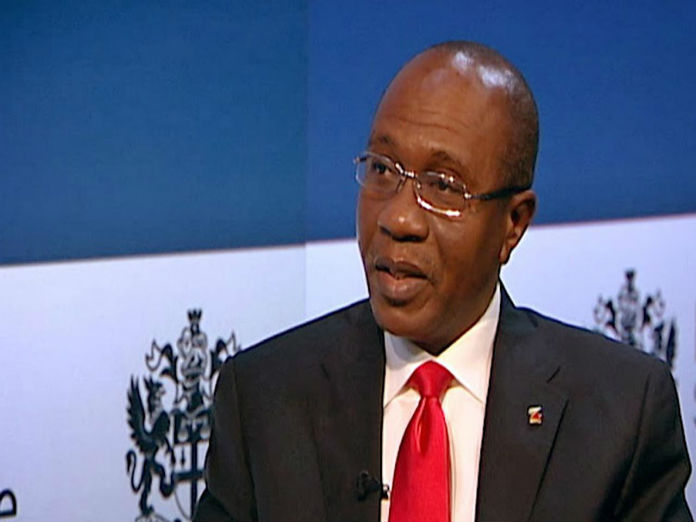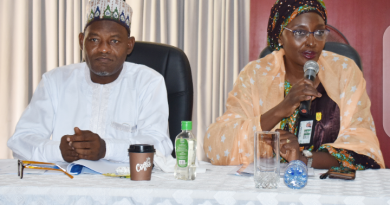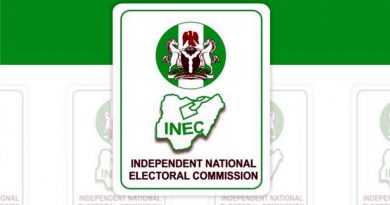CBN Pledges to make Nigeria world’s third palm oil producer
He noted that “if we had kept pace with our peers in supporting improved cultivation of palm oil, at the current global market price of $600 per tonne, and an assumed production level of 16m tonnes, Nigeria could have generated close to $10bn worth of foreign exchange for the country. This analysis does not take into consideration the amount of jobs that could have been created in our rural communities from large scale small holder developments.”
To achieve this, the CBN Governor is advocating for improved financing.
According to him, “with regards to improving access to finance for small holder farmers focused on cultivation of palm oil, the Bankers Committee had established a special sub-committee to make recommendations on sustainable financing models for oil palm and four other critical agricultural commodities that include cocoa, sesame seed, shear-butter, animal husbandry and cashew.”
He added that as part of the Anchor Borrowers Program (ABP) and Commercial Agriculture Credit Scheme (CACS), “the CBN will work with large corporate stakeholders and small holder farmers to ensure availability of quality seeds for this year’s planting season and agro-chemicals in order to enable improved cultivation of palm oil. We will also work to encourage viable off taker agreements between farmers and large-scale palm producing companies.”
Thereafter he disclosed that “loans will be granted through ABP and CACS programs at no more than 9% p.a to identified core borrowers.”
Emefiele noted that “with an estimated 3 million hectares of land under cultivation, abundance of suitable arable land, we need the cooperation of our state Governments in the oil palm producing zones to make land available to investors with proven financial and technical capabilities, who will be able to support developments of large scale palm oil plantations in the country.”
He then announced that all the states in the South-South and South-East regions have agreed to provide at least 100,000 hectares each for the initiative. This program is also expected to accommodate the small holder farmers.
Monday’s meeting was enlarged to include Executive Governors and other top government functionaries from the oil palm producing states to elicit their buy-in and set a partnership model that would, with immediate effect, stimulate investments in the palm oil plantations, such that within the next 3-5 years, the global share of the country’s oil palm production would more than double.
Emefiele lamented that “despite placing oil palm in the forex exclusion list, official figures indicate that importation of palm oil had declined by about 40 per cent from the peak of 506,000 MTs in 2014 to 302,000 MT in 2017. This indicates that Nigeria still expends close to $500 million on oil palm importation annually and we are determined to change this narrative” he concluded.




